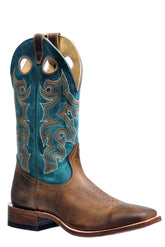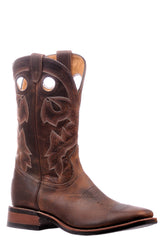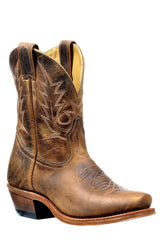Why you need to feed salt to your horse

Often overlooked, salt is an important micro-mineral that is essential to our equine athletes. Salt, or Sodium Chloryde serves many functions in the horse’s body.
People are often afraid to feed too much salt to their horse when in reality it is not possible for your horse to consume too much salt. In excess, sodium chloride will be
The functions of salt
-
Ensures that your horse is drinking enough water
Feeding adequate levels of salt ensures that your horse drinks enough water. Sodium levels are measured by the brain and signals the horse to drink. If sodium blood concentration is low, the signal to drink water will be greatly diminished. This can be explained by the body trying to keep the sodium levels from being dilutated further by drinking water.
-
Salt is an electrolyte
The horse's body is made of about 70% of fluids, which include water and electrolyte. Sodium is also a crucial mineral to horses to help maintain optimum PH levels.
What levels of salt do horses need?
For a 500kg horse at maintenance it is recommended to feed 30g per day of salt (approximately 2 tablespoons).
It is important to know that this requirement can double or even triple if the horse is in heavy training or depending on the temperatures. If you have a horse that naturally sweats a lot, takes this into consideration when choosing how much to feed salt.
Salt blocks

First, salt blocks were originally made for the rough tongues of cattle's. Horses have much softer tongues, and the rough salt can irritate their tongue and discourage them from getting the salt that they need. Himalayan salt blocks are usually softer for horses to lick then the regular salt blocks.
In general, salt blocks are most of the time not enough for the horse, especially during periods of warm temperature or intense training. Also, using salt blocks makes it practically impossible to monitor how much the horse is actually getting
Feeding salt
It was observed that horses will eat more salt in a loose form mixed in with their feed. Therefore, this is the best way to make sure your horse meets their salt requirements.
Of course, when feeding salt or electrolytes, is important to always provide fresh clean water at all times.



